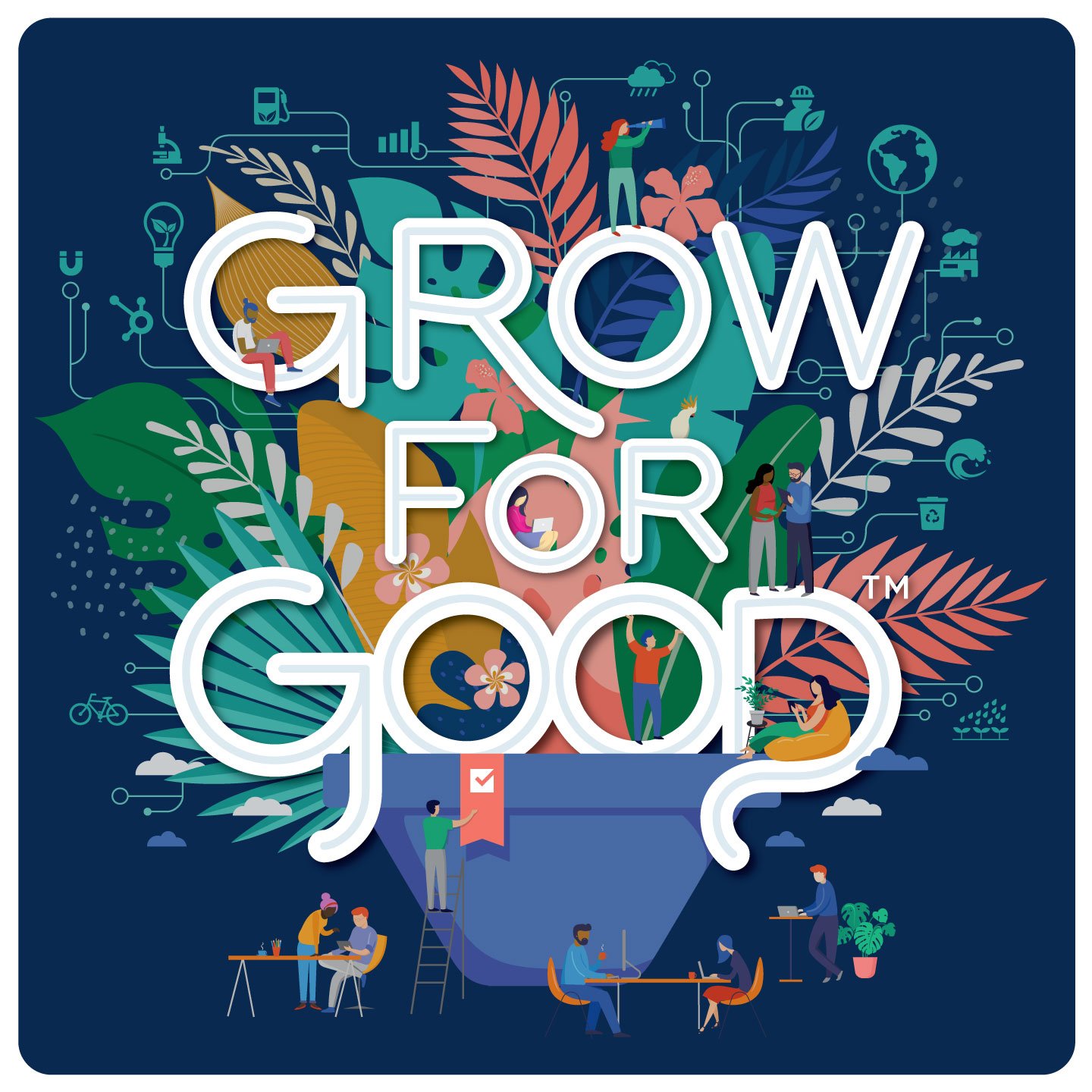Grow For Good™ Podcast
Grow For Good™ introduces listeners to business leaders who have grown their companies by doing good things.
Listen to the Most Recent Episode

Grow For Good™ tackles the age-old question: Can you do well by doing good?
Hosted by Hypha HubSpot Development (formerly Morey Creative Studios) CEO and Founder Jed Morey, the show introduces listeners to business leaders who have grown their companies by doing good things. Leave a review.






